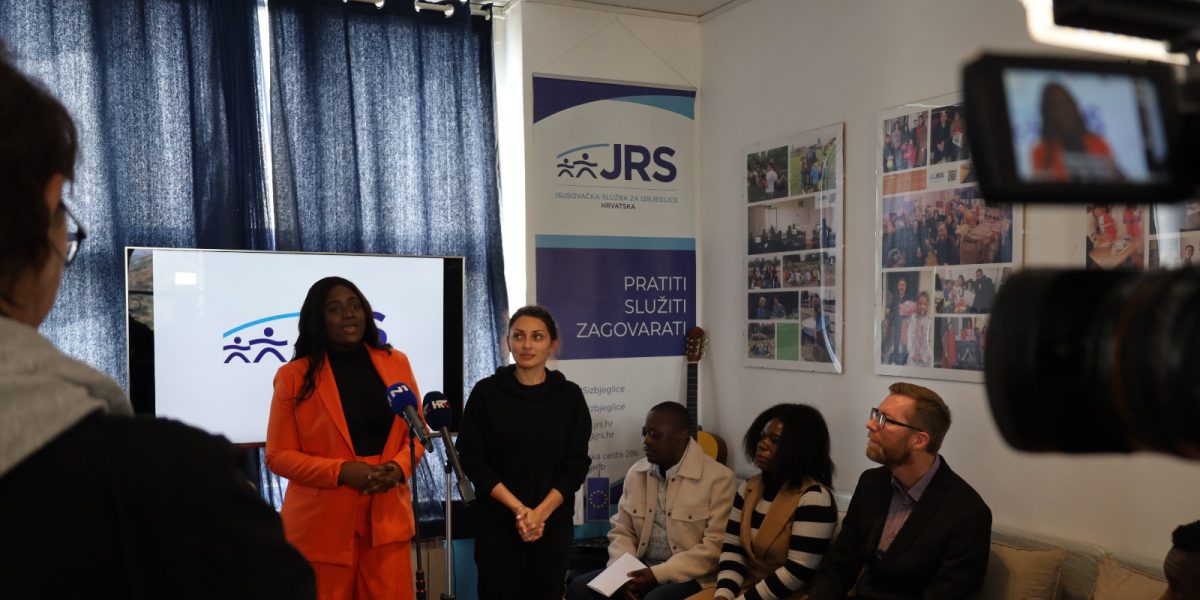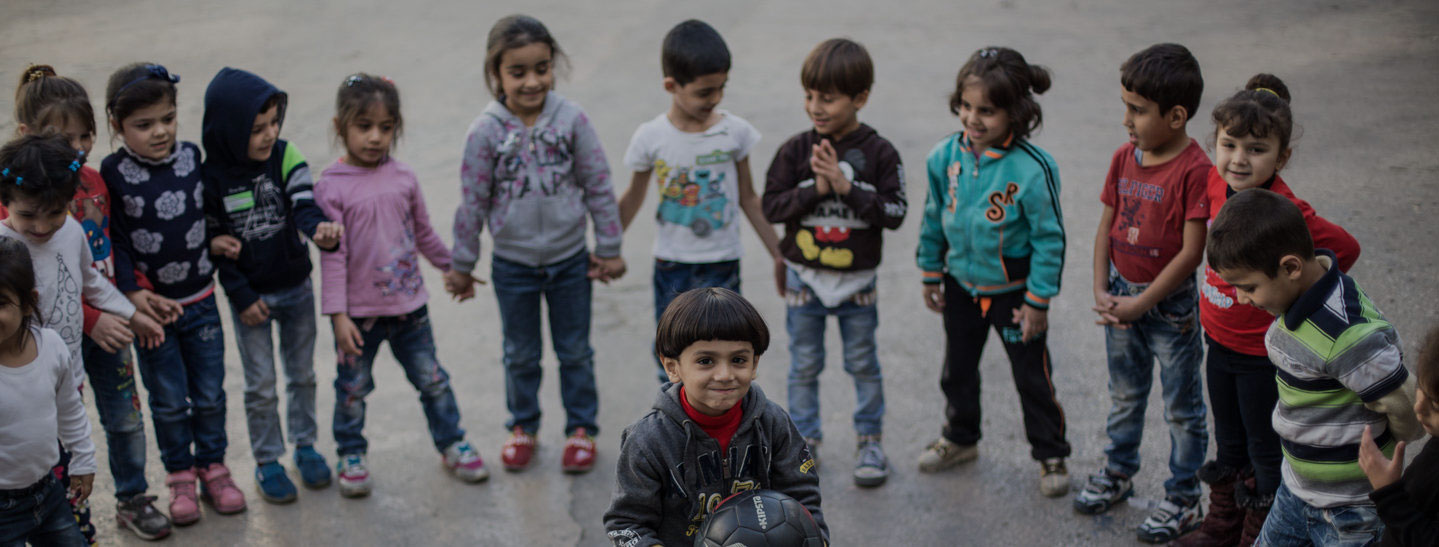Press release from the media conference on April 26, 2024.
06 July 2025

The Jesuit Refugee Service (JRS) is an international organization active in Croatia since 1993, engaged in protecting the rights of forcibly displaced persons. In addition to refugees and migrants, we are increasingly approached by individuals residing in Croatia on work permits. The challenges faced by foreign workers are often similar to those experienced by applicants for international protection in Croatia, and it’s common for individuals to switch between statuses to legalize their stay. JRS offers free Croatian language courses for foreign workers and provides them with psychosocial and legal support.
We have encountered multiple cases where a foreigner arrived in Croatia only to learn at the airport that their employer no longer needed them because they had found another worker in the meantime.
We’ve been contacted by people residing in Serbia, mostly from India, who were falsely promised that they would soon be transferred to Croatia and given a job upon arrival.
We have also encountered situations where employers would confiscate workers’ documents, ask them to work without a signed contract, or refuse to pay the agreed salary. Housing is also a problem, especially in larger cities, a situation that refugees in Croatia have been facing for years. Many local citizens are unwilling to rent apartments to foreigners, while others are willing to rent out rooms in catastrophic conditions. Additionally, our beneficiaries often face racism. Finally, there is the problem of the inaccessibility of higher-paying jobs, with most earning between 600 and 700 euros.
At a press conference held on Friday, April 26, in our association’s premises, we aimed to draw public attention ahead of International Workers’ Day to some typical situations our beneficiaires face, which are not often highlighted publicly, though they involve violations of labor rights or the absence of adequate legal solutions. A married couple from Congo spoke out, having arrived in Croatia on a work permit but unable to bring their five children due to the requirement to prepay their annual health insurance in a lump sum according to the Law on Mandatory Health Insurance and Health Care for Foreigners in the Republic of Croatia. They are unable to afford the 5 000 euros required, which puts them in a difficult psychological state, as their minor children are left in a conflict zone between Congo and Rwanda, cared for by a sick grandmother.
A Cuban national presented his case, where the Ministry of Interior refuses to issue a new work permit, claiming that the issuance of the first one was a mistake. Despite having previously applied for asylum and waiting over a year for a resolution, he found it easier to regulate his status through a work permit, which was duly issued. However, when it expired, his employer’s request for a new one was denied, contradicting the provisions of the Foreigners Act, which does not link the issuance of work permits to the resolution of international protection status. Moreover, several of his colleagues have successfully obtained multiple work permits in a similar manner.
Citizens of Angola and Ukraine discussed difficulties in recognizing foreign educational qualifications, preventing them from working in their professions despite being highly educated. Helena Da Graca Da Costa, an economist from Angola, and Valeriia, a psychologist from Ukraine, are typical cases, highlighting the need for a more flexible mechanism for recognizing diplomas, which is currently rigid and demanding. The cost of translating all required documents, the lengthy process, and the complexity of necessary steps are major obstacles. These difficulties are one of the reasons why Croatia mainly attracts unskilled manual laborers for low-paying jobs. These cases show that among foreign workers are individuals whose education and experience far exceed the level of their current jobs, due to various circumstances.
International Workers’ Day is an opportunity to highlight current problems concerning the respect for workers’ rights and to advocate for fairer working conditions for all citizens, enabling them to live dignified lives from their labor. Through this event, we wanted to give voice to those who are not usually able to defend their rights on their own, whose issues are not the focus of public attention, and who significantly enrich our society through their efforts and dedication. As seen from these cases, a large number of foreign workers in our country face many challenging situations, where as a state and society we should demonstrate greater solidarity and humanity-based flexibility. This is particularly necessary for those who wish to stay in Croatia, contribute to it, and secure their livelihoods and those of their families.
Fr. Stanko Perica, regional director JRS SEE
The speakers at the conference were:
Fraterne Centwali Makuta – DR Kongo
Aksanti Francine Mwarhanyi – DR Kongo
Yordan Framil Oliver Vega – Kuba
Helena Da Graca Da Costa Brinco – Angola
Valeriia Movenko – Ukraine

